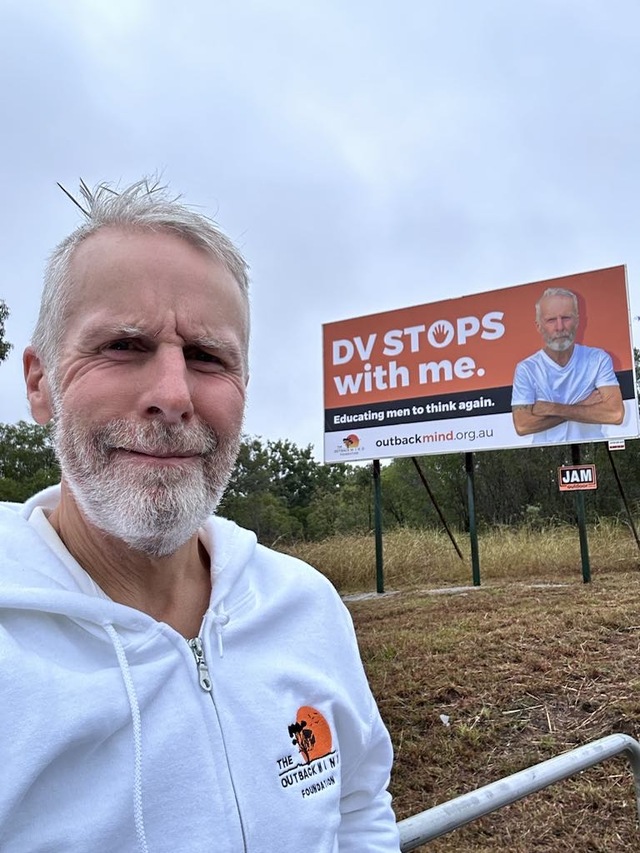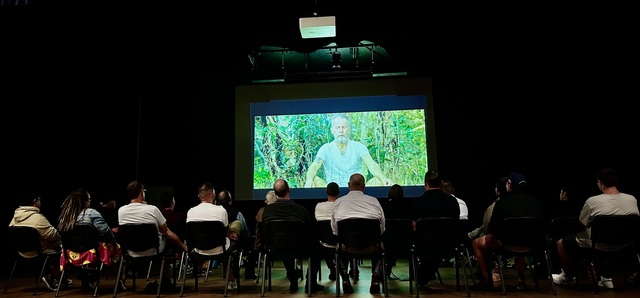When it comes to self care and mental health for men in regional Australia, there is sometimes a feeling of “no worries … I’m all good”.
It is a reflection of the just get on with it attitude that stems from past generations, especially working in tough and harsh country conditions.
Aaron Schultz understands this country attitude, especially with men, and is one of the main reasons he founded the not-for-profit organisation Outback Mind Foundation.
“I am originally from a farming community and feel most peaceful in wide open space so that’s where the name come from,” he said.
“Like most regional communities men don’t talk. We are doing what we can to normalise open communication to improve social outcomes, reduce male suicide and domestic violence.”
Initially founded in 2019, Outback Mind Foundation has been created to help empower men living in regional Australia to live healthier, happier and more consciously connected lives.
As a proactive organisation, Mr Schultz and his team provide education, events, podcasts and support throughout regional Australia.
Mr Schultz is a passionate advocate for the wellbeing and mental health of men and is committed to contributing to change.
“Men have missed the mark when it comes to being emotionally aware,” he said.
“We help men to develop emotional depth and find proactive ways to manage their nervous systems.”
The Outback Mind Foundation facilitates Men’s Circles, as part of the services, on a regular basis and these are expanding across Australia.
“We provide education through our documentaries which guys see themselves in which prompts them to take action,” Mr Schultz said.
“Prehabilitation beats rehabilitation.”
Family violence and mental health challenging circumstances in regional Australia could occur as a result of different triggers and this is one area Mr Schultz focused on in his work.
“Before the Industrial Revolution men mostly communicated openly and vulnerably with fear of judgement, shame, etc,” Mr Schultz said.
“We help empower men to accept and learn from their own unique life experience and help break cycles so the next generation can live more emotionally stable lives.”
The Outback Mind Foundation is constantly seeking new ways to connect with men in regional Australia to increase the support needed for positive change and outcomes.
“We hope to develop some functional programs however do not get funded,” Mr Schultz said.
“We encourage people to follow us on Instagram, Facebook and LinkedIn where we deliver empowering messages as much as possible.”
Mr Schultz has found the podcast it produced was also helping reach men in regional areas and was another great connection tool.
Corporate trainings and events run by Mr Schultz and his team connected to educate and increase awareness with the foundation’s programs and support services.
Mr Schultz said the message given was part of the solutions for this ongoing issue for men in regional Australia.
“No matter what abuse and traumas we have experienced it’s never too late to change,” he said.
“Through open communication we can heal and allow ourselves to reach our full potential. It’s every man’s birthright to do so.”
If you, or someone you know, would like to know more about the Outback Mind Foundation contact support@outbackmind.org.au or visit outbackmind.org.au









